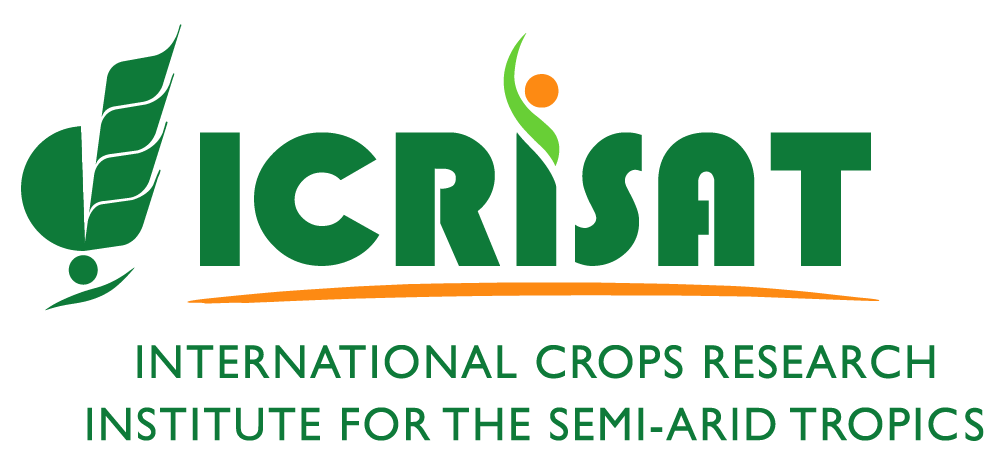Veuillez Choisir une Application
Solutions Vedettes
Naviguer tous solutionsMechanized Drying of Cassava using Flash Dryers (Pneumatic Dryers)
The most important unit operation in the processing of cassava roots to value-added products is drying. Dryers are used to convert cassava mash to floury/powdery products. Among the different dryers, flash dryers have the shortest residence time of drying, are the most economical and widely used drying system for solids that have been dewatered or inherently have low moisture content. Thus, it's suitability for the production of starch, high-quality cassava flour (HQCF) and powdered fufu. Many flash dryer designs based on efficiency, product quality and throughput have been developed by fabricators in Nigeria. Year 2000 was the first time a flash dryer (owned by Femtex Starch factory in Lagos) was tested by IITA for drying HQCF. The result was encouraging, and it led to the subsequent technical support to equipment fabricators in Nigeria for the widespread fabrication and its use for drying of cassava to HQCF in Nigeria. Since 2004, flash dryers have been fabricated commercially and installed in Nigeria and other African countries (Ghana, Tanzania, Madagascar, Malawi, Zambia, etc.) by subsequent projects, government institutions, and the private sector.
Waxing of fresh cassava roots to extend the shelf-life and increase marketability
One of the major challenges facing cassava root trade is the rapid postharvest physiological deterioration (PPD) of the roots which normally occurs within two days of harvest. This results into short marketing period, discounted prices, losses in income to growers and traders, and reduced utilization and food security. Waxing of cassava roots, using safe wax and fungicides approved in the country of operation can help to extend the shelf-life of roots to about 14 days or more without any detrimental effect on the eating quality and safety of cassava roots.
Mobile Cassava Processing Plant
Cassava commercialization is faced with a double-edged problem: industrial cassava processors often located in the cities experience scarcity of fresh cassava roots to operate the processing plants while cassava farmers, mostly located in rural areas, lack market access to sell their roots partly due to inaccessible rural roads. The rural sector lacks the necessary infrastructure (electricity, water, etc.) and labor to attract investments in processing factories. Since cassava is very perishable and bulky, the risk of postharvest losses and cost of transporting cassava roots to city-based factories are high. Hence, most cassava processing factories in sub-Saharan Africa, established in the cities, are not competitive and are in a state of paralysis. Many investments in cassava processing factories have become moribund and bankrupt. The IITA TAAT Cassava Compact Project has designed a Mobile Cassava Processing Plant (MCPP) as an alternative investment approach for the private sector to avoid the problems associated with investments in expensive immobile processing factories, inconsistent and inadequate supply of raw materials, high cost of transporting bulky fresh roots to the city-based factories, and the loss in both the quality and quantity of roots that reach the factory.
NoduMax Legume Inoculant for Soybeans
NoduMax is a peat based inoculant ensuring that soybean’s symbiotic rhizobium bacteria are present, resulting in improved root nodulation and high rates of biological nitrogen fixation (BNF). Nitrogen fixation eliminates the need for costly nitrogen fertilizers. NoduMax contains the industry-standard strain USDA 110 and includes a gum Arabic adhesive and user instructions, It is packed in 100 g packets sufficient for 10 to 15 kg soybean seed. Seeds are inoculated at a cost of about $18 per ha and result in yield increase of about 350 kg per ha worth $175. NoduMax is produced by the IITA Business Incubation Platform (BIP) in Ibadan, Nigeria and its distribution area includes Benin, Ghana, Nigeria and Togo. Manufacturers may apply to license NoduMax from the BIP. Distributor are eligible for quantity discounts.














